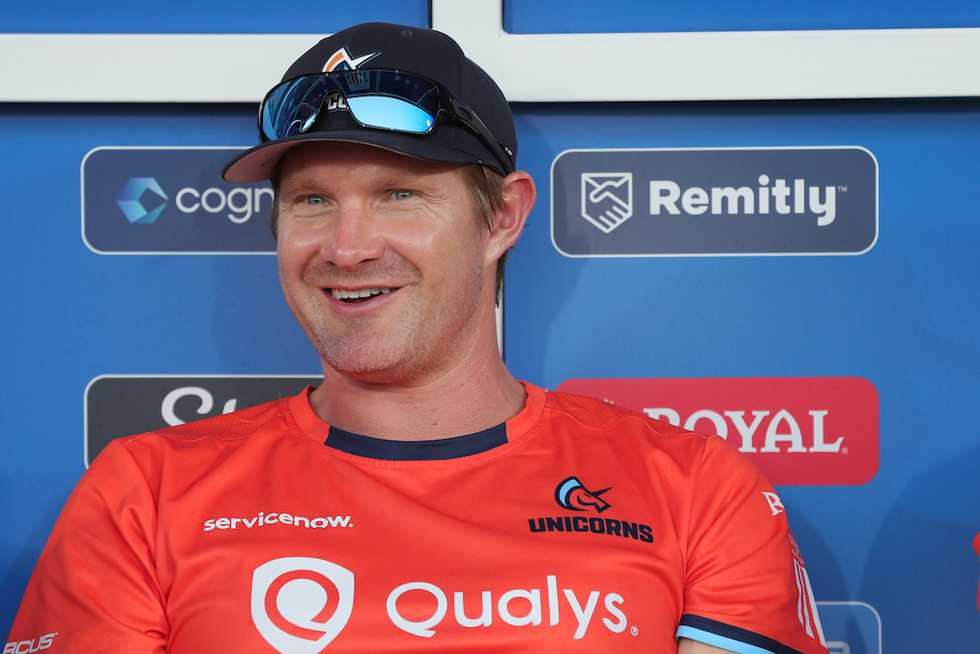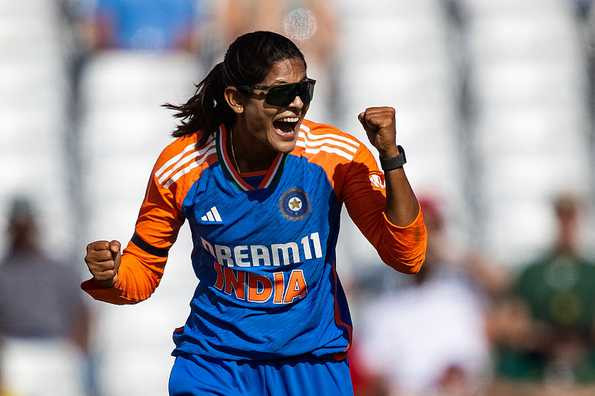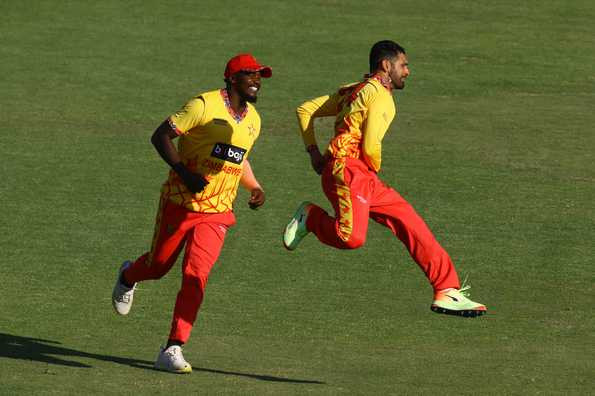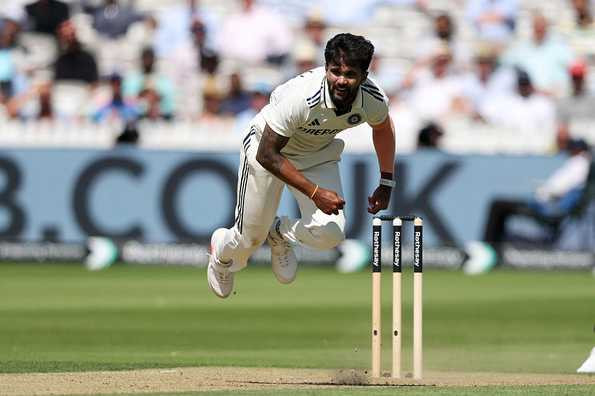The San Francisco Unicorns concluded their Major League Cricket (MLC) Season 3 campaign with a two-wicket loss to MI New York in the Eliminator on Wednesday, July 9. Despite the playoff exit, the team left a significant mark on the young American tournament, starting the season with a record-breaking six-game winning streak. Known for their unapologetically aggressive and fearless brand of cricket, the Unicorns embody a team culture and individual mindsets deeply influenced by head coach Shane Watson. The former Australia captain and World Cup winner has garnered acclaim for his coaching philosophies, which stem from his own experiences and are now central to the Unicorns’ approach.
In a recent interview conducted on the morning of the playoff match, Watson offered insights into the Unicorns’ core principles, the factors behind their aggressive style of play, and praised young all-rounder Sanjay Krishnamurthi for his standout performance, including a rapid 92 off 40 balls against the LA Knight Riders.
Watson emphasized that a team’s performance in the field serves as a true indicator of its engagement level. He set exceptionally high standards for the Unicorns players regarding fielding intensity from the outset of the tournament. According to Watson, being fully engaged with every ball while in the field is a choice each player makes, and this constant anticipation and hustle demonstrates deep involvement in the game, ultimately maximizing the team’s potential to perform at its best. He expressed satisfaction that opposing teams recognize and acknowledge the Unicorns’ commitment in the field.
 Shane Watson, head coach of the San Francisco Unicorns, discusses his mindset-focused coaching philosophy.
Shane Watson, head coach of the San Francisco Unicorns, discusses his mindset-focused coaching philosophy.
The coach also highlighted the significant role of mindset in cricket, stating that some players have likened their time with the Unicorns to a “mental spa.” Watson detailed the onboarding process for a new player, emphasizing that while incredible skill is a necessary starting point, the individual’s overall engagement is equally, if not more, important. This involves understanding where the player is in their career and ensuring they are fully committed to the team environment, training, and game performance. A crucial step for every incoming player is participating in Watson’s mental skills workshop, which helps them understand the psychological aspects of performance and the coaching language used throughout the season. This process encourages deeper conversations about performance, moving beyond just technical discussions to explore a player’s thoughts and optimal state.
Watson explained his motivation for taking on the Unicorns head coach role in 2023 was the opportunity to build a team environment from the ground up where players could thrive. He sought an opportunity that allowed him to shape the franchise’s culture, identity, and cricketing approach in alignment with his beliefs. His decision was influenced by the trust placed in him by the owners, Venky and Anand, who, unlike some franchise owners, empower the cricket experts to make key decisions based on their knowledge and data analysis. This trusting relationship has been fundamental in establishing a sustainable high-performance environment.
Regarding individual player development, Watson pointed to Sanjay Krishnamurthi as a prime example of the effectiveness of his mental conditioning techniques. He dismissed the notion that accommodating the young player was a “brave call,” recognizing Krishnamurthi’s exceptional skill and power from their initial interactions. Watson attributed Krishnamurthi’s remarkable evolution to his ability to effectively utilize the mental information provided, particularly focusing on staying present in the moment. This involves assessing the current situation—the bowler, conditions, game state—and choosing the appropriate “gear” for batting intent, ranging from low-risk aggressive shots to attempting to hit boundaries consistently. Watson noted that Krishnamurthi’s continued growth is evident in his ability to block out outside influences and trust his own judgment and skills based on the immediate context, showcasing how marrying technical skill with mental understanding leads to standout performances.
Reflecting on his coaching journey, which included a stint as assistant coach for the Delhi Capitals before leading the Unicorns, Watson stated that he is continuously evolving and learning from his experiences, especially those that don’t go as planned. He believes the fundamental principles of mental performance coaching—understanding how the mind works, getting out of one’s own way, and unlocking skills—remain timeless and applicable across different eras and formats. While the core conversations about navigating performance struggles are constant, Watson feels he has become a better overall coach since starting with the Unicorns two and a half years ago, particularly in structuring environments and interacting with the team. He maintains a high personal standard, aspiring to become the best cricket coach in the world, just as he aimed to be the best all-rounder during his playing career, and is committed to doing everything possible to achieve this goal.



